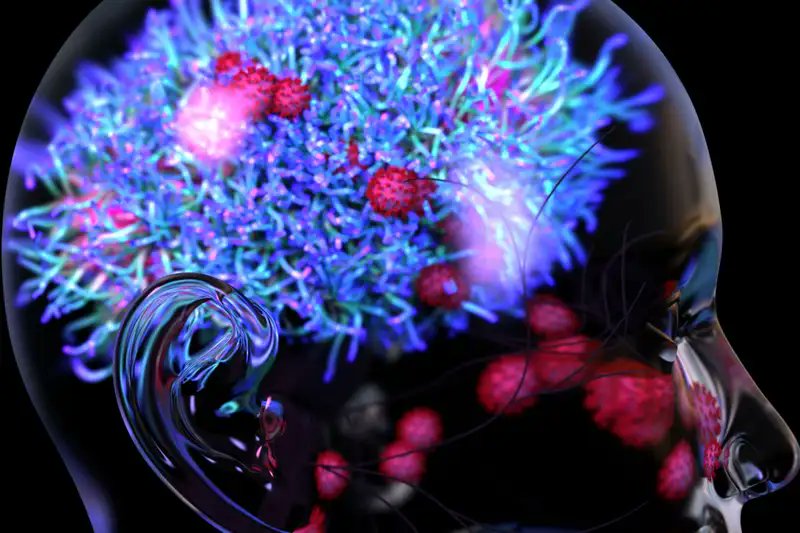Brain fog – which encompasses memory problems, lack of mental clarity and an inability to focus – had eluded scientific scrutiny until covid-19 thrust it into the spotlight Now, we're starting to learn more about what exactly it is and how we can beat it
newscientist.com/article/mg2543…
Millions of people worldwide have reported a severe dent in cognitive functioning following a covid-19 infection, and as a result, the issue of brain fog has been thrust into the limelight
newscientist.com/article/230550…

Brain fog isn’t a medical condition in its own right, however, and there are no diagnostic criteria Rather, it is an umbrella term that covers a wide range of cognitive symptoms, including a lack of mental clarity, memory problems and an inability to focus
Today, there are dozens of conditions that are associated with brain fog, including allergies, menopause, attention deficit hyperactivity disorder (ADHD) and kidney failure, as well as mental health conditions such as anxiety and depression

What we can say is that brain fog is more than just a passing feeling. For many, brain fog lasts for weeks, months or even years
And like some other neurological issues, such as migraine, brain fog disproportionately affects women, and, as a result, has historically been downplayed by clinicians, according to @Sabina_Brennan at @tcddublin

With renewed interest in studying brain fog as a result of the covid-19 pandemic, some studies have found that inflammation in the brain could may it harder for brain cells to send signals to one another
newscientist.com/article/233432…
“There are likely dozens of different factors, beyond inflammation, that are affecting a lot of different bodily systems that ultimately lead to this cognitive dysfunction,” says @AnnaNordvig at @WeillCornell
Even so, the consensus is that the problem is reversible. “We’ve learned that brain fog really is more of a cognitive dysfunction than a cognitive impairment,” says @muzafferkaser at @Cambridge_Uni

Despite a lack of treatments, lifestyle changes can often help, says Brennan. Sleep is a good place to start. Making improvements to your diet and exercise regimen can also help Learn more about brain fog:
newscientist.com/article/mg2543…

